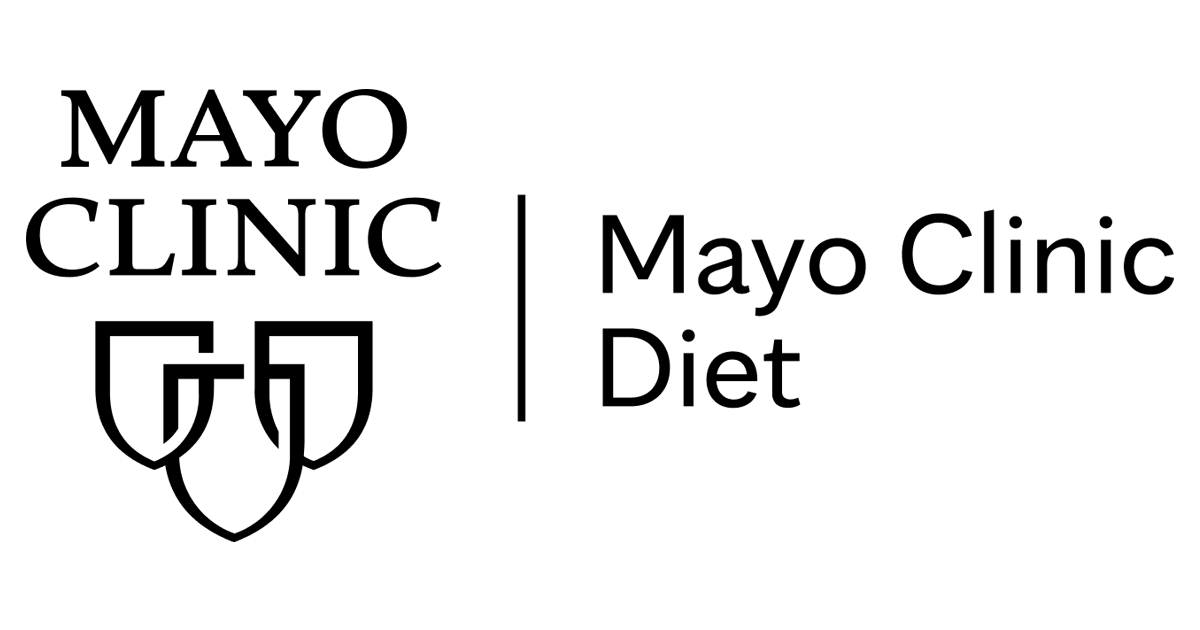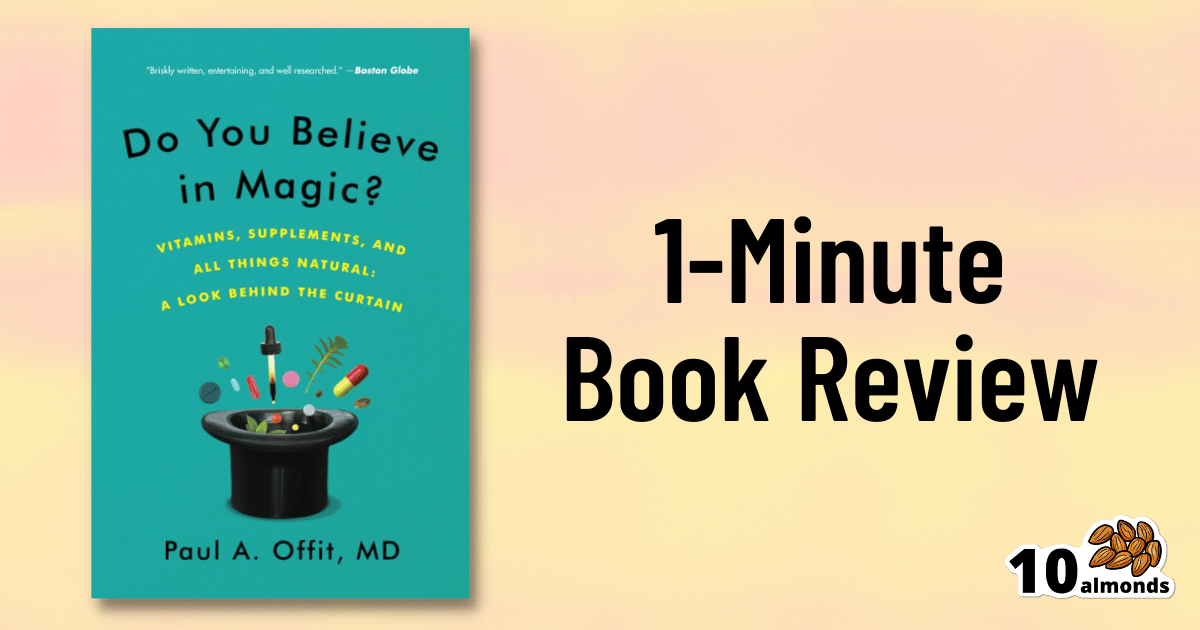
Today’s almonds have been activated by:
Loading Screen Tip: unresolved things can cause us stress and anxiety, which are not good for anyone. Best to fix what we can, and make our peace with what we can’t.

⏰ IN A RUSH?
Today’s 30-Second Summary
If you don’t have time to read the whole email today, here are some key takeaways:
Ginkgo biloba extract has enjoyed use for thousands of years for an assortment of uses, and has made its way from Traditional Chinese Medicine, to the world supplement market at large.
There is good science to support its use as an antioxidant and anti-inflammatory compound.
Because of this, it may have anti-aging and anti-cancer potential, but research for these two things is either poor or lacking, so we can’t say for sure.
Ginkgo biloba extract has also been much-touted for brain health. As for what the science says:
Inconclusive data, for memory and cognition in healthy individuals
It does, however, help reduce symptoms of dementia
It has been found to help against anxiety and depression
Likely these things are because it helps improve blood flow in general
For that reason, it shouldn’t be taken if you have a bleeding disorder
It also may interact adversely with SSRIs, so that’s a thing to bear in mind too.
Losing weight (healthily!) can be a challenge. Keeping that weight off can be even harder.
Today’s sponsor, the Mayo Clinic Diet, is a medically-backed, globally-trusted method that focuses on changing your daily routine by adding and breaking habits that make a difference to your weight.
Read on to learn about these things and more…

👀 WATCH AND LEARN
Essential Running Technique Tips for Proper Form & How to Run Faster!
We know the importance of good technique. But what is good technique? Sage and Sandi make it clear and easy for us:
Running menu:

💊 MAIN FEATURE
Ginkgo biloba, for memory and, uh, what else again?
Ginkgo biloba extract has enjoyed use for thousands of years for an assortment of uses, and has made its way from Traditional Chinese Medicine, to the world supplement market at large. See:
But what does the science say about the specific claims?
Antioxidant & anti-inflammatory
We’re going to lump these two qualities together for examination, since one invariably leads to the other.
A quick note: things that have antioxidant and anti-inflammatory properties, often also help guard against cancer and aging. However, in this case, there are few good studies pertaining to anti-aging, and none that we could find pertaining to anti-cancer potential.
So, does it have antioxidant and anti-inflammatory properties, first?
Yes, it has potent antioxidants that do fight inflammation; this is clear, from an abundance of in vitro and in vivo studies, including with human patients:
In short: it helps, and there’s plenty of science for it.
What about anti-aging effects?
For this, there is science, but a lot of the science is not great. As one team of researchers concluded while doing a research review of their own:
❝Based on the reviewed information regarding EGb’s effects in vitro and in vivo, most have reported very positive outcomes with strong statistical analyses, indicating that EGb must have some sort of beneficial effect.
However, information from the reported clinical trials involving EGb are hardly conclusive since many do not include information such as the participant’s age and physical condition, drug doses administered, duration of drug administered as well as suitable control groups for comparison.
We therefore call on clinicians and clinician-scientists to establish a set of standard and reliable standard operating procedure for future clinical studies to properly evaluate EGb’s effects in the healthy and diseased person since it is highly possible it possesses beneficial effects.❞
Translation from sciencese: “These results are great, but come on, please, we are begging you to use more robust methodology”
If you’d like to read the review in question, here it is:
Does it have cognitive enhancement effects?
The claims here are generally that it helps:
improve memory
improve focus
reduce cognitive decline
reduce anxiety and depression
Let’s break these down:
Does it improve memory and cognition?
Ginkgo biloba was quite popular for memory 20+ years ago, and perhaps had an uptick in popularity in the wake of the 1999 movie “Analyze This” in which the protagonist psychiatrist mentions taking ginkgo biloba, because “it helps my memory, and I forget what else”.
Here are a couple of studies from not long after that:
In short:
in the first study, it helped in standardized tests of memory and cognition (quite convincing)
In the second study, it helped in subjective self-reports of mental wellness (also placebo-controlled)
On the other hand, here’s a more recent research review ten years later, that provides measures of memory, executive function and attention in 1132, 534 and 910 participants, respectively. That’s quite a few times more than the individual studies we cited above, by the way. They concluded:
❝We report that G. biloba had no ascertainable positive effects on a range of targeted cognitive functions in healthy individuals❞
Our (10almonds) conclusion: we can’t say either way, on this one.
Does it have neuroprotective effects (i.e., against cognitive decline)?
Yes—probably by the same mechanism will discuss shortly.
Can it help against depression and anxiety?
Yes—but probably indirectly by the mechanism we’ll get to in a moment:
Likely this helps by improving blood flow, as illustrated better per:
Which means…
Bonus: improved blood flow
This mechanism may support the other beneficial effects.
Is it safe?
Ginkgo biloba extract* is generally recognized as safe.
However, as it improves blood flow, please don’t take it if you have a bleeding disorder.
Additionally, it may interact badly with SSRIs, so you might want to avoid it if you’re taking such (despite it having been tested and found beneficial as an adjuvant to citalopram, an SSRI, in one of the studies above).
No list of possible contraindications can be exhaustive, so please consult your own doctor/pharmacist before taking something new.
*Extract, specifically. The seeds and leaves of this plant are poisonous. Sometimes “all natural” is not better.
Where can I get it?
As ever, we don’t sell it (or anything else), but here’s an example product on Amazon 🙂
Enjoy!

❤ OUR SPONSORS MAKE THIS PUBLICATION POSSIBLE
Mayo Clinic Diet: effective, practical, and healthy weight loss
Losing weight (healthily!) can be a challenge. Keeping that weight off can be even harder. But, you don't have to do it alone:
The Mayo Clinic Diet is a medically-backed, globally-trusted method that focuses on changing your daily routine by adding and breaking habits that make a difference to your weight.
The benefits are far more than we could list here, but include:
A new digital platform that has helped members lose 3x more weight
A quick-start "lose it!" phrase, where members can lose 6–12 lbs in 2 weeks
Meal plan options that include healthy keto, high protein, vegetarian, and Mediterranean
See also: General Info | Pricing | How it Works | Free Diet Assessment
Please do visit our sponsors—they help keep 10almonds free

🌍 AROUND THE WEB
What’s happening in the health world…
Brazilian fruits positively impact gut health and chronic disease prevention
Plant compound shows promise against fungal infection
Heart attacks may be linked to accelerated cognitive decline over time
Extreme fasting: what does one meal per day actually do to your body?
Think again: suppressing negative thoughts may actually improve mental health
This FDA-approved drug slows down Alzheimer's—we finally know why
Is menopausal hormone therapy associated with non-alcoholic fatty liver disease?*
*This is a fascinatingly worded headline. The answer is: yes, it is negatively associated with NAFLD, i.e., it can reduce the progression of the disease. What a reminder that headlines can be misleading, if read in isolation!
More to come tomorrow!

📖 ONE-MINUTE BOOK REVIEW
Do You Believe In Magic? Vitamins, Supplements, and All Things Natural: A Look Behind the Curtain – by Dr. Paul Offit
Here at 10almonds, we like to examine and present the science wherever it leads, so this book was an interesting read.
Dr. Offit, himself a much-decorated vaccine research scientist, and longtime enemy of the anti-vax crowd, takes aim at alternative therapies in general, looking at what does work (and how), and what doesn't (and what harm it can cause).
The style of the book is largely polemic in tone, but there's lots of well-qualified information and stats in here too. And certainly, if there are alternative therapies you've left unquestioned, this book will probably prompt questions, at the very least.
And science, of course, is about asking questions, and shouldn't be afraid of such! Open-minded skepticism is a key starting point, while being unafraid to actually reach a conclusion of "this is probably [not] so", when and if that's where the evidence brings us. Then, question again when and if new evidence comes along.
To that end, Dr. Offit does an enthusiastic job of looking for answers, and presenting what he finds.
If the book has downsides, they are primarily twofold:
He is a little quick to dismiss the benefits of a good healthy diet, supplemented or otherwise.
His keenness here seems to step from a desire to ensure people don't skip life-saving medical treatments in the hope that their diet will cure their cancer (or liver disease, or be it what it may), but in doing so, he throws out a lot of actually good science.
He—strangely—lumps menopausal HRT in with alternative therapies, and does the exact same kind of anti-science scaremongering that he rails against in the rest of the book.
In his defence, this book was published ten years ago, and he may have been influenced by a stack of headlines at the time, and a popular celebrity endorsement of HRT, which likely put him off it.
Bottom line: there's something here to annoy everyone—which makes for stimulating reading.

What did you think of today's newsletter?
Wishing you the very most well-informed start to the week (and a meaningful Yom Kippur to any readers observing that today),
The 10almonds Team



